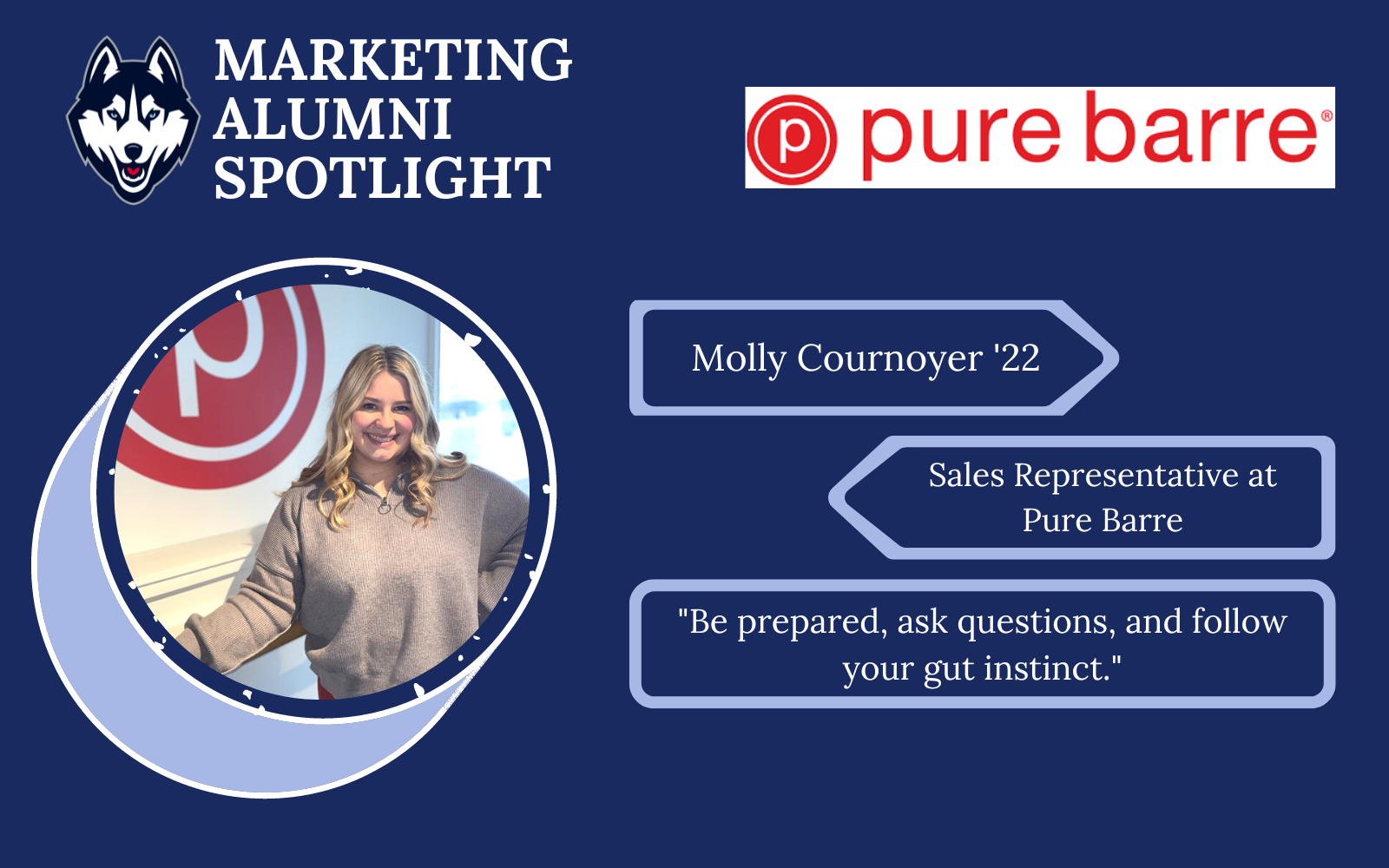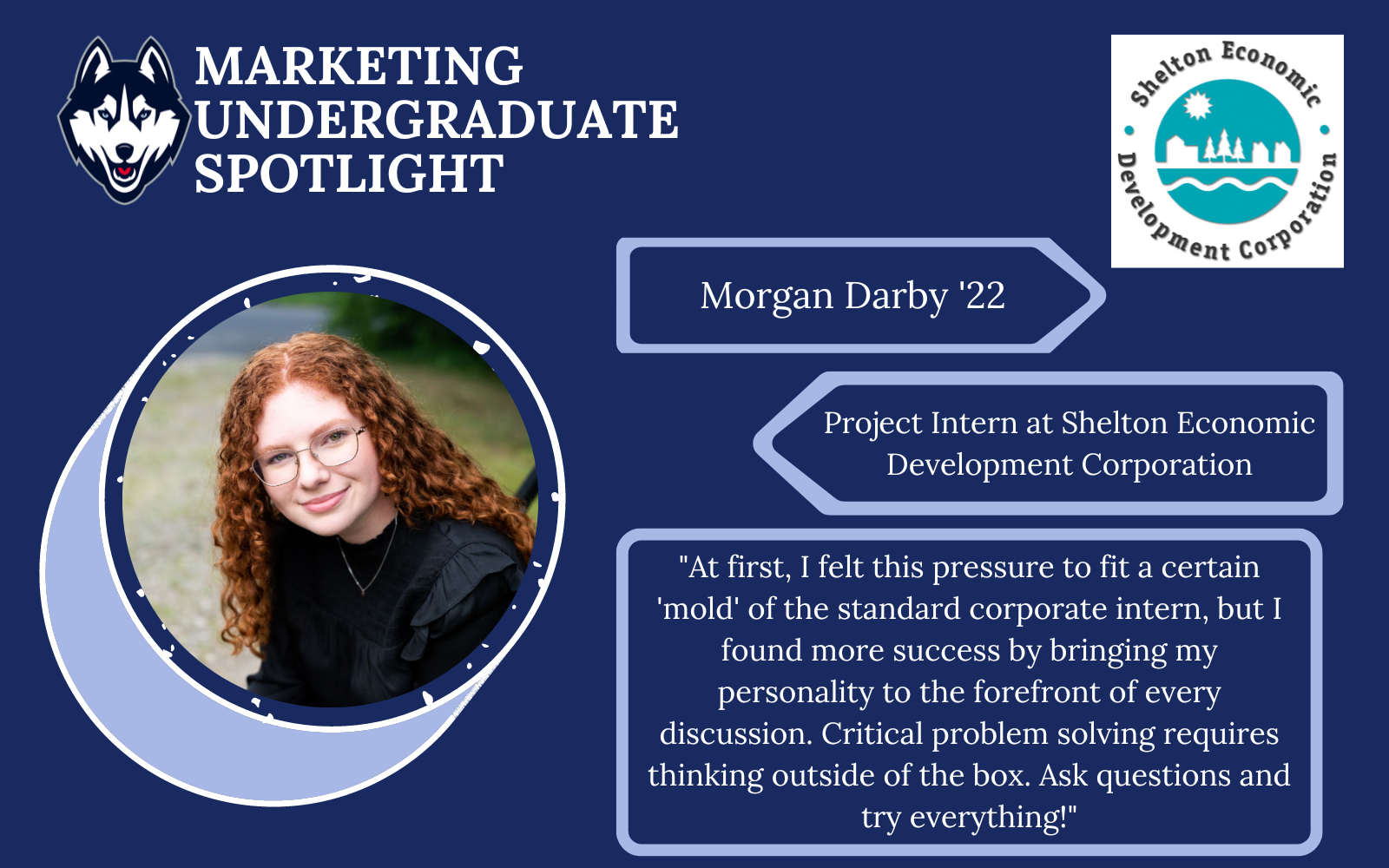A key goal of the School of Business is to convene important conversations among faculty, staff, students, alumni and friends. On March 24, we hosted our second- annual Global Business Leadership in Sustainability Summit. This half-day event to explore ESG issues drew a wide array of talent.
It was my pleasure to start the program with a conversation with Dinah Koehler, the head of ESG Research at FactSet. Dinah is no stranger to UConn, having met with our Student Managed Fund students last fall to discuss ESG. At the summit, we tackled pressing questions around sustainability, reporting practices, and regulation. Next, multiple panels including students, alumni, and UConn faculty delved into other pertinent ESG issues.
ESG stands for Environment, Social, and Governance, three important dimensions of our economic lives. In recent decades, many investors and companies have moved past profit maximization as the sole criteria for managing their companies and their investments. They have integrated ESG issues into their decision-making. For some companies, their commitment to ESG is about emphasizing these issues relative to their business model. For others, their ESG focus is a way to communicate to the investing community not only corporate values, but also about the risks and rewards of investing in the company’s stock.
A Legacy of Environmental Reliance at Risk
Dinah put the story in perspective by reminding us that humanity’s prosperity in the last several hundred years was built on a stability of climate regarding temperature, that enabled agricultural success and importantly, stability of ocean levels. This stable environment has been the cornerstone for economic progress, and now these historic realities are at significant risk.
Concerns about the environment and human influence on earth’s sustainability go back to Malthus. At the end of the 1700s, he cautioned that the natural growth of human population would exceed the ability of our planet to feed everyone. Happily, decades of agricultural innovation have sustained population growth. Recently however, the tension between people and planet has intensified. Last year marked the 50th anniversary of the Club of Rome’s landmark report, ‘The Limits to Growth’ – which stressed our planet’s interconnected systems. Of paramount concern is their predication that if growth trends in population, industrialization, resource use, and pollution continued unchanged, we will reach, and then overshoot the carrying capacity of the Earth within the next 100 years.
Companies Tend to ‘Cherry Pick’ Their Stories
More recently, the environmental threats have accelerated and despite the global gnashing of teeth, we are making insufficient progress to alter the overheating of our planet. The ESG focus is a response to these issues, in the spirit of what-gets measured-gets-better. Europe has led the way in requiring company disclosures about their environmental footprint, and U.S. companies have begun to engage in reporting. But a key concern around the world is the reliability and verifiability of disclosures. The phrase “greenwashing” has emerged to reflect company tendencies cherry pick the stories to tell in voluntary disclosures. Companies craft their narrative in a favorable light, emphasizing the positives and ignoring the problems.
The costs and difficulty of verifying these disclosures rather naturally spawned a small industry of firms that rank/measure/assess companies’ ESG characteristics. That industry fed another industry of companies offering ESG-friendly investment portfolios. Our conversation at the conference addressing ESG sustainability as an assessment of what these innovations are delivering, what they could deliver, how they could be improved, and what the future might look like.
Mandated Government Reports Provide Critical Information
ESG measurements and rankings are numerous and diverse in nature, including for example risk analysts MSCI. The basis of these measurements and rankings is information that companies report about their ESG profile. For example, what kinds of environmental risks do they face and how do they mitigate them? The “better” firms report more, but many critics argue that these firms “greenwash” their efforts. The data is not easily verifiable. An alternative reporting structure based on ESG activity drawn from mandated government reporting would yield reliable and verifiable data. Companies are required to fully disclose hazardous spills, train derailments, air traffic mishaps, accidents in the workplace, and the like. Today, these measures are less commonly the basis of an ESG ranking system, but such a system would be more credible.
From an investing perspective, some investors focus on maximizing their returns, and ask the question, “Is an ESG portfolio likely to deliver high(er) returns? Is an ESG portfolio likely to deliver lower risk (lower variability of returns).” Other investors have value-based agendas for their investments, and for example, prefer a portfolio that doesn’t hold tobacco stocks, or gun stocks, or fossil-fuel stocks. The important question is whether current ESG rankings provide relevant information for these questions.
The day of our symposium, MSCI (one of the most visible ranking activities for ESG that relies on firm reporting) announced that they were downgrading ESG ratings on thousands of funds. As reported in the Financial Times, “the changes are part of a push by index providers to tighten the criteria for ESG-compliant funds.” Especially in Europe, a triple-A ESG rating is required by many portfolio managers and this MSCI change is projected to reduce the number of triple-A companies from 1,120 to just 54, while the number with no rating will surge from 24 to 462.
Doing the Right Thing
In the last 50 years, science has made a case for global warming, and many countries have embraced the importance of action to ameliorate the CO2 and other pollutants accelerating the warming path. Good intentions have been expressed, but actions and investments have been insufficient to significantly slow the path. Awareness is critical, and ESG measurements support awareness. The clock is ticking.
We have witnessed many successes of businesses “doing the right thing.” Sixty years ago, the ozone layer was severely threatened, and SC Johnson, the parent company of Johnson Wax, responded by removing the destructive propellants from its products. Shortly thereafter, the government banned those propellants. Recently the press has acknowledged that the ozone layer has largely recovered. By all accounts, our challenge today is bigger and much more complicated, but there is hope.
Our second Global Business Leadership in Sustainability Summit brought attention to the issues of ESG measurement and investing, but also specific conversations more local to UConn and Connecticut. One panel led by alumnus Brian Paganini discussed the significant challenges of food waste in Connecticut. Brian’s company, Quantum Biopower, converts food waste into green energy and provides compost as a byproduct.
Professor Richard Meinart, Center Coordinator at UConn Extension, reminded us that not all compost is perfect for all uses. In Connecticut, our ground is over-burdened with phosphorous, and Quantum Biopower’s compost is phosphorous rich. This reminds us that the details matter, and Quantum will be challenged to find a way to mitigate phosphorous or treat their compost as an export product to other states.
Our other panels featured students and recent graduates who shared their UConn and professional experiences in the ESG space. They reminded all of us about the importance of bringing passion to address the ESG challenges what we will continue to face.
Indeed, our Summit was a rich and rewarding day – an important conversation that we must and will emulate.

Back to the Dean’s Corner



